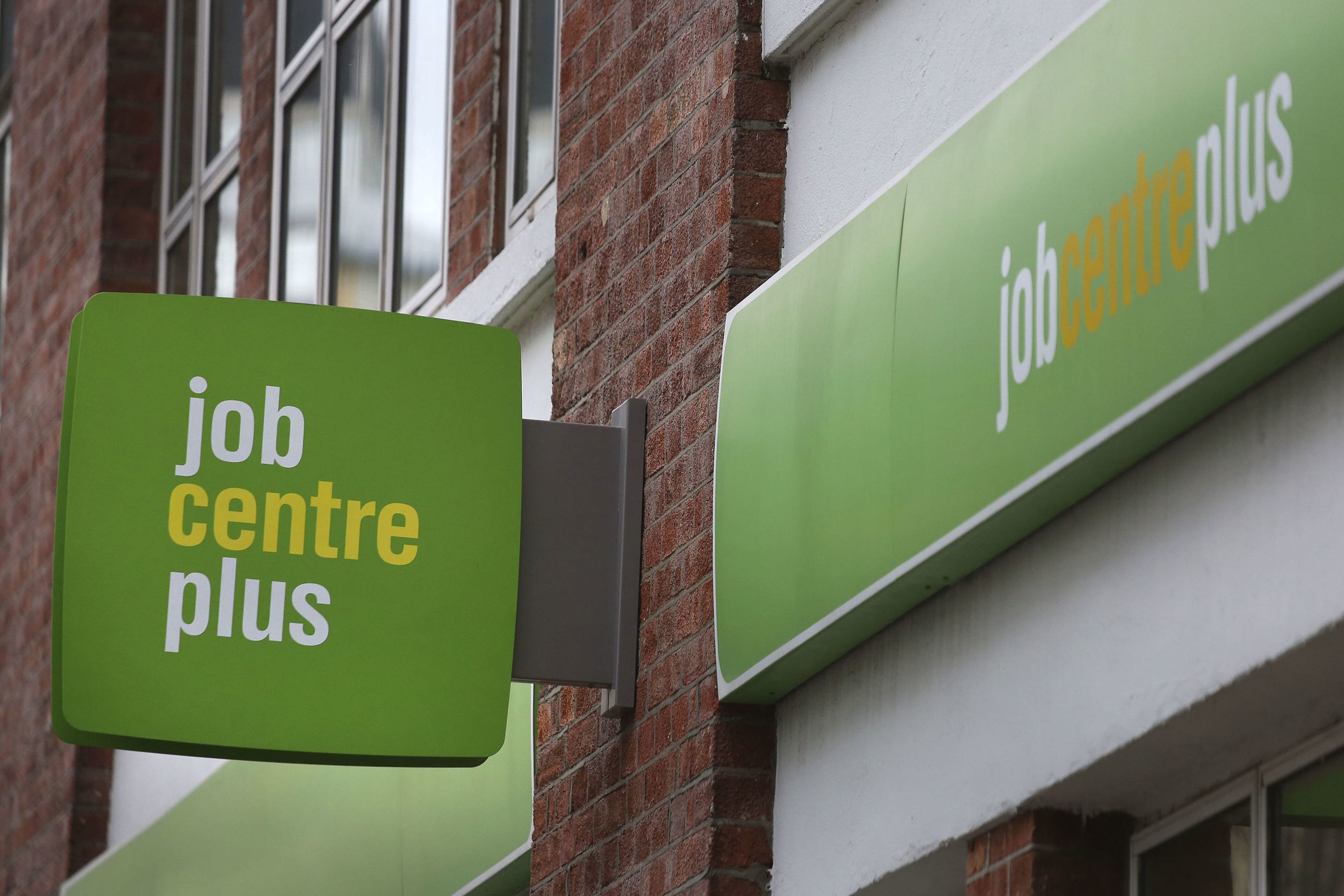Hiring activity falls amid cost-of-living crisis – report
The Royal Bank of Scotland October Report on Jobs has been published.

Your support helps us to tell the story
From reproductive rights to climate change to Big Tech, The Independent is on the ground when the story is developing. Whether it's investigating the financials of Elon Musk's pro-Trump PAC or producing our latest documentary, 'The A Word', which shines a light on the American women fighting for reproductive rights, we know how important it is to parse out the facts from the messaging.
At such a critical moment in US history, we need reporters on the ground. Your donation allows us to keep sending journalists to speak to both sides of the story.
The Independent is trusted by Americans across the entire political spectrum. And unlike many other quality news outlets, we choose not to lock Americans out of our reporting and analysis with paywalls. We believe quality journalism should be available to everyone, paid for by those who can afford it.
Your support makes all the difference.Hiring activity in Scotland fell last month as economic uncertainty and the cost-of-living crisis affected the labour market, according to a new report.
The Royal Bank of Scotland (RBS) report on jobs found that both permanent and temporary staff appointments contracted last month.
Permanent placements have now fallen in two of the past three months, with the rate of contraction the fastest seen in nearly two years.
Scottish recruitment consultancies also noted a reduction in temporary placements during October, ending a 25-month run of expansion.
Labour market conditions across Scotland deteriorated in October
The rate of contraction was the quickest seen since July 2020 during the initial wave of the pandemic.
Sebastian Burnside, chief economist at RBS, said: “Labour market conditions across Scotland deteriorated in October, as for the first time since August 2020 both permanent placements and temporary billings contracted.
“At the same time, rates of vacancy growth for both permanent and short-term staff continued to ease.
“Candidate and skill shortages, meanwhile, stretched the supply of labour thin, with recruiters also noting that increased economic uncertainty had impacted candidate numbers.
“Though it does seem that market imbalances are becoming less pronounced, the effect on pay remains strong.
“The data therefore suggest that growing uncertainty about the economy and the cost-of-living crisis are already affecting the labour market, and could weigh further on hiring decisions for the remainder of the final quarter of 2022.”
The RBS Report on Jobs is compiled by S&P Global from responses to questionnaires sent to a panel of around 100 Scottish recruitment and employment consultancies.
Recruiters across Scotland noted the 21st successive monthly fall in permanent candidate availability during October.
Panellists generally linked the latest downturn to skill shortages and increased hesitancy to seek out new roles due to rising economic uncertainty.
The supply of temporary labour across Scotland fell again during October.
Despite being severe overall, the rate of decline was the second-slowest in seven months.
Recruiters highlighted a lack of European workers and ongoing skill shortages as factors constraining supply.
Meanwhile latest survey data indicated that average starting salaries for permanent staff in Scotland increased at the slowest pace since June 2021 during October.